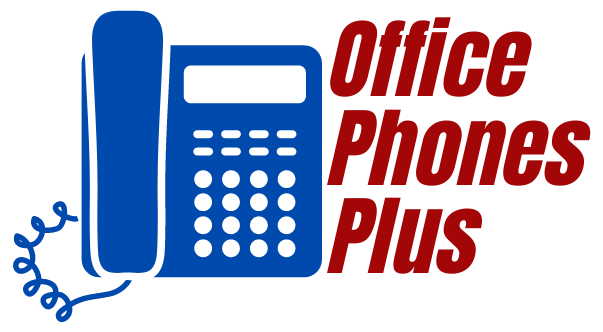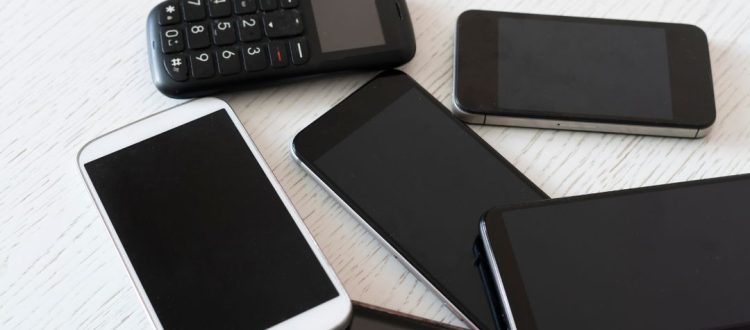Do Your Employees Use Their Cell Phones for Work?
We live in a culture where most people have their own phone on them all day long wherever they go, but this presents the inevitable problem that most of your employees are using their personal cell phones for business. This doesn’t seem like a big problem on a surface level — after all, if your employees are going to have their phone with them anyway, and they don’t mind providing their personal number to customers or other business contacts, then what’s the harm in letting them do it?
The big problem is that this can compromise your professionalism and efficiency — and not in the ways you might think.
You might be asking yourself, “Is it fair for me to rely on my employees to use a phone line they pay for with their own money to do business on my behalf?” Or even, “Will my customers and business contacts think less of my business if they see my employees using their personal cell number?”
These are valid questions, but generally speaking, they’re not your biggest concern.
Instead, you might need to be concerned with the negative consequences of having an employee’s primary method of communication be something so personal.
For context, ask yourself these questions:
What happens when your employee leaves the company?
This is probably the biggest concern you should have. In an ideal world, your employee will stay with you throughout their entire career. If they have to leave, they do so on good terms. Unfortunately, we don’t live in an ideal world where circumstances are always ideal. Your employee very likely may leave your company at some point, and it might not be on the best of terms. Even if their departure is an amicable one, they may harbor animosity that you don’t know about.
Business callers will continue to contact your former employee on their personal cell number, possibly even years later. It would be great for a former employee to say, “Sorry, I’m no longer with that business,” and provide the proper contact information. In a more likely scenario, however, an employee will ignore the calls and text messages, and that lack of follow-through will reflect poorly on your business.
A worse situation might be if the employee takes the calls to badmouth your company or redirects them to a competitor — maybe even their current place of employment if they stayed in your industry when they went to their new job.
What happens when your employee is unable to answer?
Life happens. Even if an employee doesn’t quit and stays employed with your company, there will be times when an employee is unable to answer the phone, sometimes even for prolonged periods of time. They get sick or injured and have to go to the hospital. Maybe they’ve had a personal emergency. If they’re off work for a few days or a few weeks, their phone is still a primary way of contacting your business for some people.
What will happen to all that correspondence while your employee is out?
“My employees would never be so irresponsible,” you’re telling yourself. “If they were sick, they would pass along contact info for another member of our team.”
The thing about emergencies is that they’re unpredictable. You don’t always know whether an employee will have the opportunity to keep up with any calls or texts that come through. More importantly, if the emergency is so severe, you as their employer might not want them worrying about work when they have more pressing personal priorities.
When your employees use your company’s business phone system, you have the option of rerouting their calls to another person in the company, eliminating the concern that something is sitting in voicemail and getting neglected until somebody returns to work.
What happens when you need to manage aspects of an employee’s phone?
You like to think you’re not a micromanager, but the reality is everything your employees do reflects on your business. When it’s an employee’s personal cellphone, you can’t control what they do with it. For example, if they have a cutesy or inappropriate voicemail greeting, that’s out of your control. While you could simply say, “If you’re using your personal cellphone for business purposes, you need to keep it professional,” the easiest thing to do is to issue a company phone from the very beginning.
A business phone system gives you control over everything. If you need to update the person’s voicemail greeting, forward their calls to someone else, or have their voicemails emailed to someone, you can do that.
You can also set up what’s known as a ring group. A ring group allows you to have the phones of multiple people rung when a certain call type comes in. If a potential customer calls in, they can choose Sales. The phone number then rings multiple people, either simultaneously or in order. If one of them is not able to answer, the call still gets handled. If no one is able to answer it, it can go to a designated voicemail, or even to a third-party answering service.

